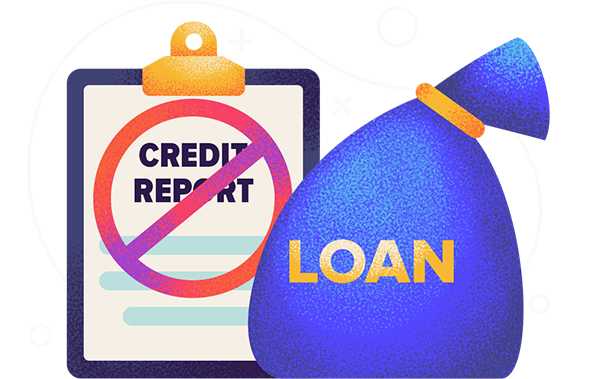Business Cash Advance Loans No Credit Check

Small business owners often face a common hurdle: securing capital quickly. A growing number are turning to a specific type of financing called a business cash advance (BCA), often marketed with the appealing promise of "no credit check." This raises important questions about the nature of these loans, their benefits, and potential drawbacks for businesses.
This article examines the rise of business cash advances with no credit check, explaining how they work, who they target, and the critical considerations for businesses contemplating this financing option. We will explore the fine print and potential pitfalls associated with BCAs, aiming to provide a balanced perspective on this increasingly popular financial product.
Understanding Business Cash Advances
A business cash advance isn't technically a loan, but rather a purchase of a business's future receivables. Providers give businesses a lump sum of cash in exchange for an agreed-upon percentage of their daily or weekly sales. This percentage is automatically deducted from the business's bank account until the advance is repaid.
Unlike traditional loans, BCAs typically focus more on a business's cash flow than its credit history. This makes them attractive to businesses with less-than-perfect credit or limited operating history, which may struggle to qualify for conventional bank loans.
The appeal of "no credit check" is a significant draw for many small business owners. This seemingly simple phrase can mask a more complex reality, however.
How "No Credit Check" Works
While a traditional credit check might not be performed, providers still assess the risk of lending to a business. They often rely on alternative data sources to evaluate a business's financial health. This includes reviewing bank statements, sales data, and other financial records.
These records provide insights into a business's daily revenue, transaction volume, and overall cash flow. By analyzing this data, providers can determine a business's ability to repay the advance.
The application process for a BCA is typically faster and less cumbersome than applying for a traditional loan. This speed and ease of access are key factors driving their popularity.
Who Uses Business Cash Advances?
BCAs tend to be used by businesses that need capital quickly for a variety of reasons. These can include purchasing inventory, covering unexpected expenses, or funding short-term marketing campaigns.
Restaurants, retail stores, and other businesses with high daily sales volume are common users. Their consistent cash flow makes them attractive candidates for BCA providers.
Companies struggling to qualify for conventional bank loans often see BCAs as a viable alternative. The relaxed credit requirements can be particularly appealing to startups and businesses with limited credit histories.
Potential Benefits and Drawbacks
The advantages of a business cash advance include quick access to funds and less stringent credit requirements. The streamlined application process also allows for rapid disbursement of capital.
However, BCAs come with significant drawbacks. The factor rates, which are the equivalent of interest rates, can be substantially higher than those of traditional loans. This translates to a much higher total cost for the borrowed capital.
Furthermore, the daily or weekly repayment schedule can put a strain on a business's cash flow. This can be especially challenging during slow periods, potentially leading to a cycle of debt.
"It's crucial for businesses to carefully weigh the costs and benefits before committing to a business cash advance," advises financial consultant, Sarah Chen. "The speed and ease of access can be tempting, but the high factor rates can quickly erode profits."
Considerations Before Applying
Before pursuing a BCA, businesses should explore all available funding options. This includes considering traditional bank loans, lines of credit, and even seeking investment from outside sources.
It is essential to carefully review the terms and conditions of the BCA agreement, paying close attention to the factor rate, repayment schedule, and any associated fees. Understanding the total cost of the advance is paramount.
Businesses should also assess their ability to comfortably manage the daily or weekly repayments. A realistic projection of future sales is crucial to avoid falling behind on payments.
The Regulatory Landscape
The business cash advance industry is subject to varying levels of regulation. Some states have implemented laws to protect borrowers from predatory lending practices.
It is important for businesses to research the regulations in their state before engaging with a BCA provider. Understanding their rights and protections is essential.
Advocacy groups are calling for greater transparency and stricter regulations within the industry. They aim to protect vulnerable businesses from unfair lending practices.
Conclusion
Business cash advances with no credit check can provide a quick source of capital for businesses in need. However, the high costs and potentially burdensome repayment schedules necessitate careful consideration.
Businesses should thoroughly evaluate their financial situation, explore alternative funding options, and fully understand the terms of the BCA agreement before proceeding. A well-informed decision is crucial to avoid potential financial pitfalls.
Ultimately, the decision to pursue a BCA should be based on a comprehensive assessment of a business's needs, financial capabilities, and risk tolerance. Making the right choice requires diligent research and a clear understanding of the potential consequences.


















